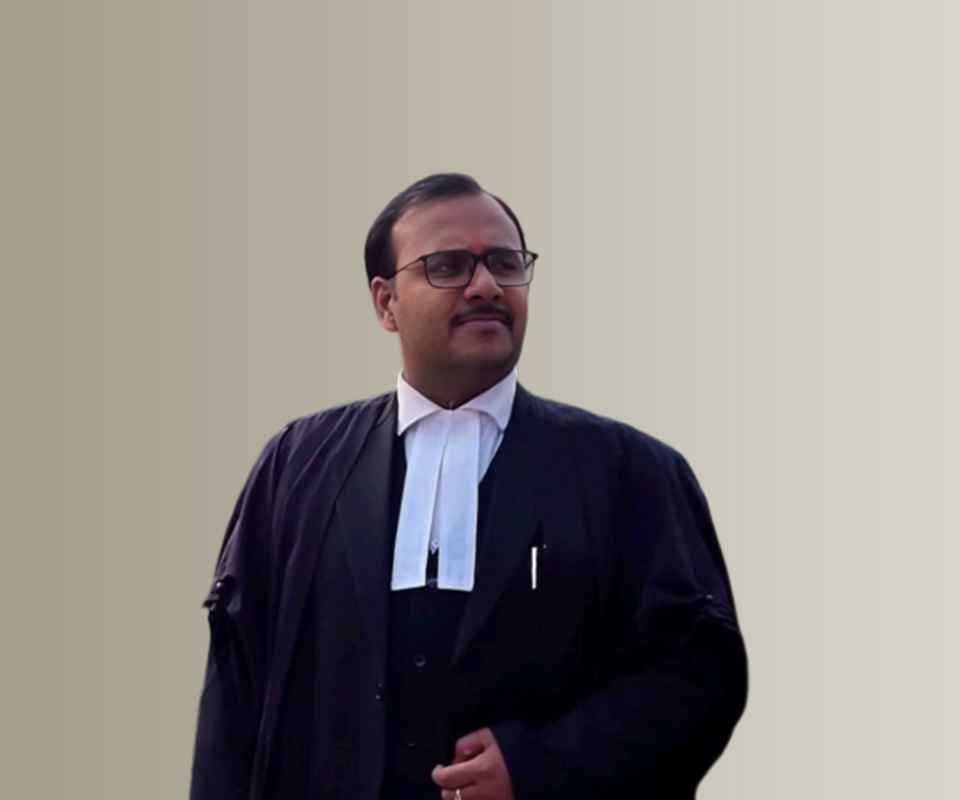Answer By law4u team
Traffic police are entrusted with the responsibility of ensuring road safety and enforcing traffic regulations. As part of their duties, they may ask drivers to produce specific documents, such as the driver’s license, vehicle registration, and insurance papers, during routine checks. However, the question arises: Can they demand to see these documents without a reason?
Legal Basis for Document Checks:
Under Indian law, particularly the Motor Vehicles Act, 1988, traffic police have the authority to check a vehicle’s documents. However, they are generally required to have a valid reason for requesting documents, such as suspicion of a violation or a random check aimed at ensuring compliance with traffic laws.
Routine or Random Checks:
Traffic police are allowed to conduct random checks on vehicles. These checks do not require specific suspicion of a violation but are meant to ensure that all vehicles on the road are compliant with traffic laws and safety standards. This can include checking if the vehicle is properly registered, if the driver has a valid license, or if the vehicle has the necessary pollution control documents.
Reasonable Suspicion:
Police can also ask for documents if they have reasonable suspicion that the vehicle is involved in illegal activities (such as unregistered vehicles, stolen vehicles, or vehicles violating emission standards). In this case, they do not need to explicitly state the reason for requesting documents but must have a legitimate cause based on traffic rules or safety concerns.
Traffic Violations:
If a driver is suspected of committing a traffic violation—such as speeding, reckless driving, or driving without wearing a seatbelt—police can demand documents to issue a ticket or fine. In this case, the reason for the check is clearly tied to the violation.
National Security or Safety Concerns:
In certain situations, such as heightened security threats or road safety campaigns, traffic police might perform checks without specific suspicion, purely for safety or security purposes.
Rights of the Driver:
Right to Request Reason:
If a traffic police officer demands to see documents without providing any reason, the driver has the right to politely ask for the reason for the document check. If the officer cannot provide a valid reason or is acting arbitrarily, the driver can report the matter to senior authorities.
Cooperation is Key:
While drivers have the right to ask for the reason behind the check, it is generally advisable to cooperate with the police if the officer is acting within their legal authority. Arguing or refusing to provide documents could lead to complications, such as fines or legal action.
Avoidance of Harassment:
If the driver believes the request is unreasonable or the officer is acting inappropriately, they can file a complaint with the local police department or traffic authorities. In such cases, evidence (like body camera footage or witness statements) can be valuable.
Common Documents Checked by Police:
Driver’s License: Valid proof that the driver is legally allowed to operate the vehicle.
Vehicle Registration Certificate: Proof that the vehicle is registered with the relevant authorities.
Insurance Certificate: Proof that the vehicle has valid insurance coverage.
Pollution Under Control (PUC) Certificate: Proof that the vehicle complies with environmental emission standards.
Example:
Imagine a situation in Delhi where a vehicle is stopped at a routine traffic checkpoint. The police officer asks the driver for their driver’s license, vehicle registration, and insurance papers. The officer is conducting a random check to ensure that all vehicles are compliant with traffic regulations. In this case, the officer does not need to provide a specific reason but has the legal authority to request the documents. If the driver refuses to show the documents, they could be issued a fine under the Motor Vehicles Act.
Alternatively, if a vehicle is seen over-speeding and pulled over, the officer can ask the driver to show their documents to issue a fine or penalty for the violation.
Conclusion:
Traffic police do have the authority to demand to see vehicle documents, but they must generally have a valid reason for doing so, such as a traffic violation, random checks, or reasonable suspicion of illegal activity. Drivers have the right to request the reason behind the check, and while cooperation is important, they also have the right to contest arbitrary or unlawful requests. Maintaining all necessary documents in the vehicle and understanding your rights can help ensure that you are prepared for any situation on the road.






